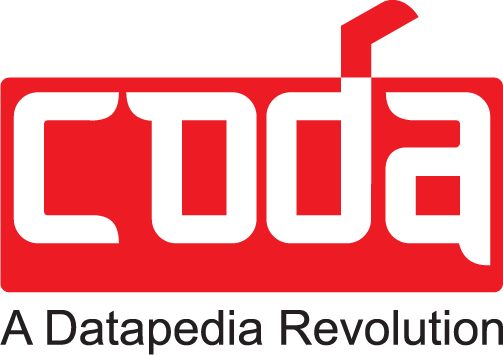About our client
A major global producer of Liquefied Natural Gas (LNG) with operations in Trinidad and Tobago. The company excels in safety, plant utilization, and gas turbine reliability, contributing significantly to the local economy and global hydrocarbon industry. With a commitment to sustainable and efficient operations, the company plays a vital role in community development and economic growth.
Scope
Scope 1: Coding & Cataloguing
Scope 2: Bill of Materials (BOM)
Scope 3: Data Analytics Using AI/ML
Our Solution
- Analyzed, cleansed, segregated, and catalogued materials to create a robust database.
- Conducted thorough physical audits of materials to ensure data accuracy.
- Identified and eliminated duplicate entries.
- Tracked and recorded data with respect to different statuses (new creation, clarification, existing code) and quantities.
- Linked images to each data entry for enhanced verification.
- Established correct levels for cost savings, balancing risk, and criticality levels.
- Implemented methodologies to analyze risk pooling and correct duplicates impacting inventory costs.
Project Outcomes
- Compiled lists of asset records with BOM categories for CMMS upload.
- Provided specification data and obsolete assets for CMMS upload.
- Delivered complete ordering specifications, descriptions, and drawing references for CMMS upload.
- Recommended replacement items for obsolete inventory from manufacturers.
- Uploaded cleansed, standardized, and rationalized stock materials into Oracle Fusion.
- Standardized non-stock materials for Oracle Fusion upload.
- Identified duplicates and obsolete materials for deletion in Oracle Fusion.
- Uploaded BOM items with descriptions and asset/drawing references to MAXIMO.
- Rationalized items to reduce variety.
- Identified poorly specified materials with no operational connections for review and disposal.
3 LNG trains (Train 2/3/4) with shared utility equipment from Train 1 optimized for material standardization
100,000 equipment units analyzed, standardized, and catalogued
Achieved 95% material on-time targets through efficient inventory management and optimized specifications
Project completed in just 3 months, delivering significant cost savings and operational efficiency
Benefits
- Significant cost savings through optimized inventory management and reduced redundant stock.
- Improved accuracy and efficiency in material specification and procurement processes.
- Enhanced decision-making capabilities with accurate and standardized data.
- Streamlined operations and reduced delays in work order planning and material procurement.
- Effective inventory management ensuring material availability on time (<95%).
- Facilitated strategic decision-making through category management and frame agreements.
- Enhanced safety and reliability of operations with accurate BOM and critical spares information.
- Reduced Mean Time to Repair (MTTR) for defective assets, preventing delays and ensuring critical spares are readily available.

